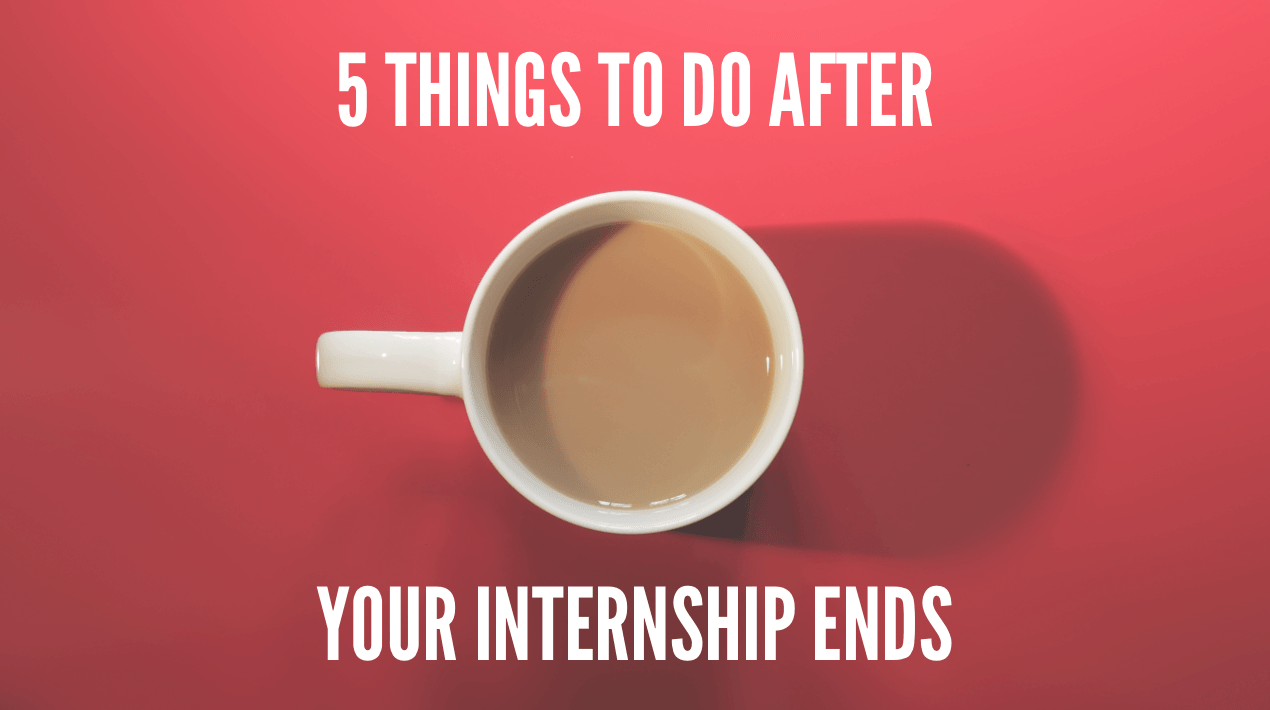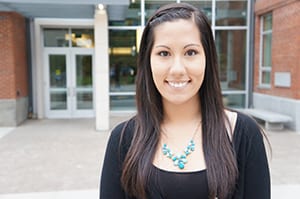Even a junior in college, I still struggle with the difference between business casual and business professional attire. As if an interview is already stressful enough, deciding how to dress just adds to the anxiety. Instead of reviewing the values of your potential hiring company and practicing various interview techniques, you seem to spend an awfully long time choosing what to wear. So with a new job or internship in your future, or even as you being attending career fairs and various PRSSA networking events, it’s important to know what is appropriate to wear and when. Hopefully, you already have some basic business-appropriate garments in your closet, ready to use. But if you don’t, it’s time to start building you “work wardrobe.” Here’s your guide to office-ready essentials for any situation.
Casually Appropriate
This is not casual in the way you may hope. This means jeans and sneakers do not apply. It is important to maintain a professional presence, even if you’re not in a suit and tie or a dress and heels. Remember, you are a direct representation of your organization, so you want to make an effort, no matter what day of the week.
Casually Appropriate
- From day one: Dress more formally–observe your peers, which can help you decode your office. From there, you can build a wardrobe that correlates with your coworkers.
- Women: Tailored pants, blouses and sweaters to casual dresses (not more than an inch or two above the knee.) Footwear should be conservative and does not necessarily need to be a heel.
- Men: Dress pants, collared shirts and a belt is the standard. Unique blazers, tailored sweaters and leather shoes accompany the look well.
- For everyone: Avoid jeans until you’re certain when they are acceptable. Take business casual days to dress in more fun and trendy clothes.
Professional Standards
Business professional style expectations may vary across industries but there are basics to a professional look. Professional attire always means:
- Men: Tailored suits with a tie, paired with a solid-colored dress shirt.
- Women: Dress or pantsuits and tailored dresses with a jacket (blazer, dress cardigan, ect.)
- For everyone: Clean grooming, ironed clothes, attention to detail, neutral colors and conservative footwear.
Business causal can mean different things to different employers. And unfortunately, there is no strict definition of the phrase. Until you are sure about its definition, dress professionally. One of my mentors once told me that it is better to be over dressed than under dressed. Take this into consideration when dressing for an interview or for your first day on the job. Make sure to ask yourself, “What do i want my first impression to be?”
 Sophie Lair is a junior at the University of Oregon, majoring in public relations and minoring in French. She is obsessed with her little white five-pound puppy and never misses an episode of “Keeping Up With the Kardashians.” She hopes to pursue a career in the fashion industry.
Sophie Lair is a junior at the University of Oregon, majoring in public relations and minoring in French. She is obsessed with her little white five-pound puppy and never misses an episode of “Keeping Up With the Kardashians.” She hopes to pursue a career in the fashion industry.










